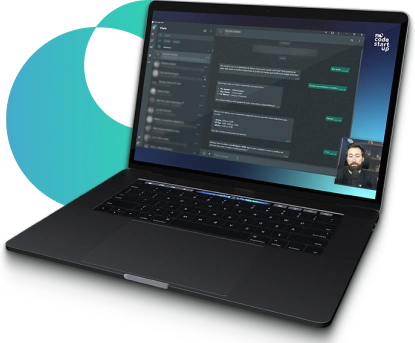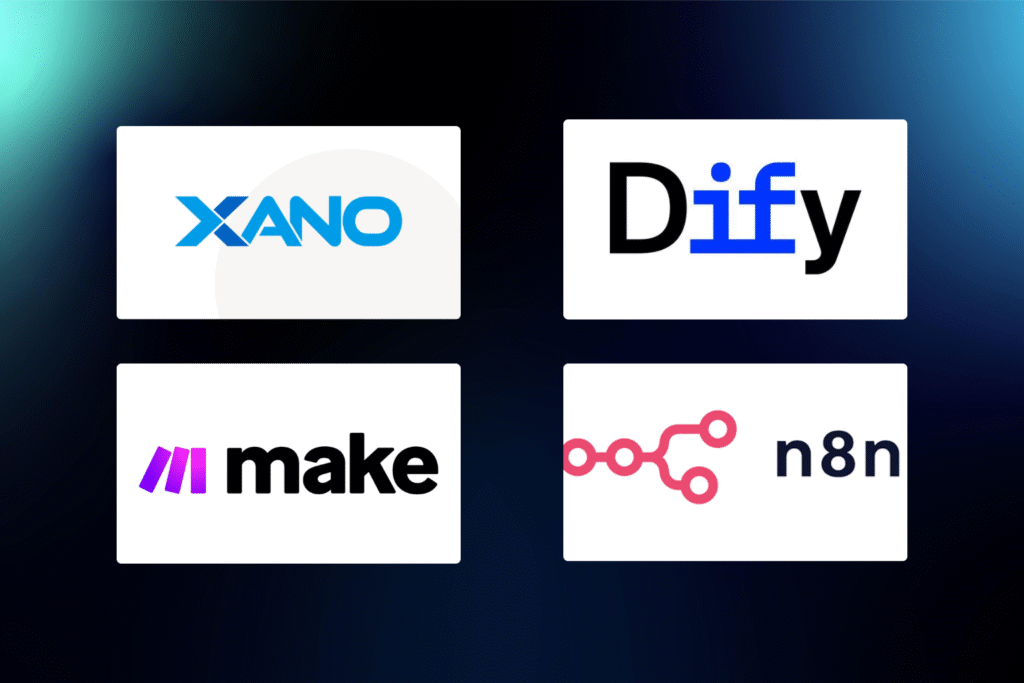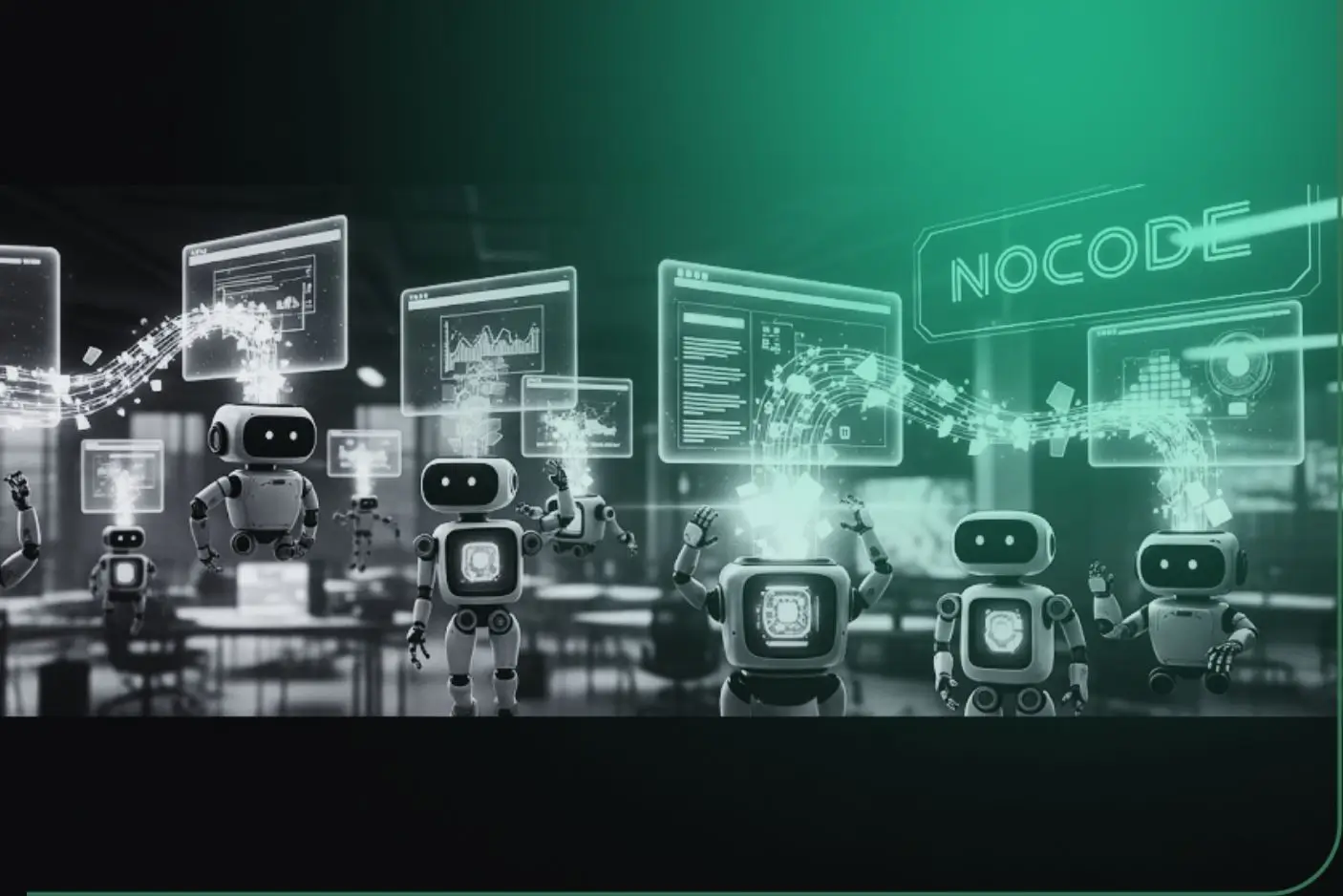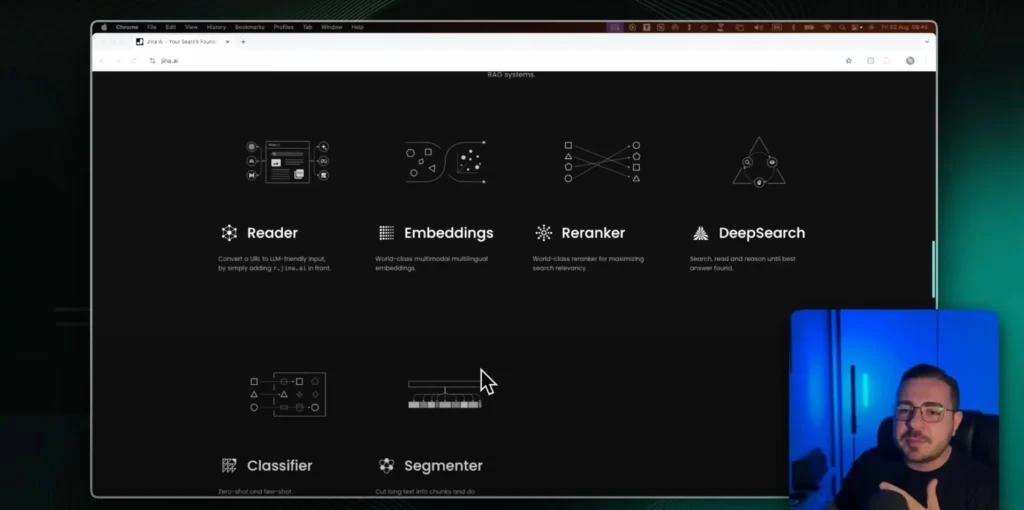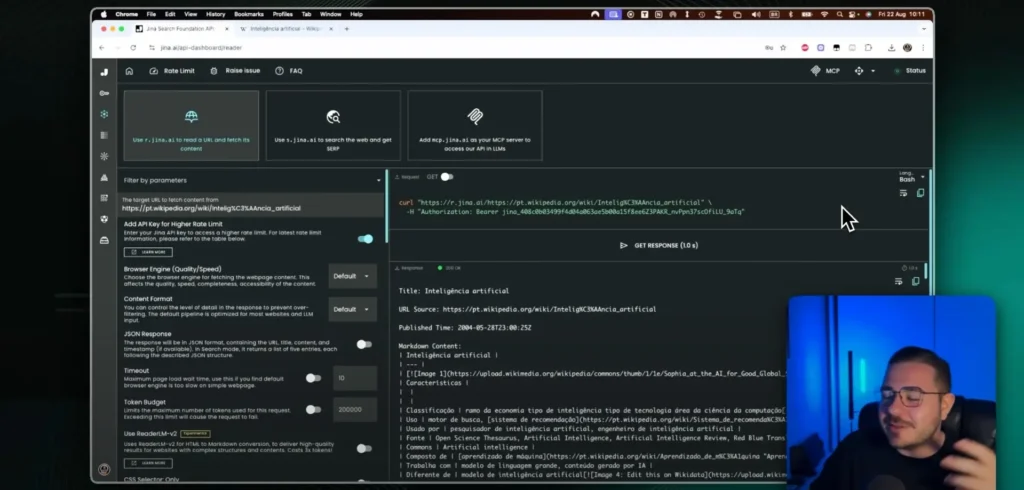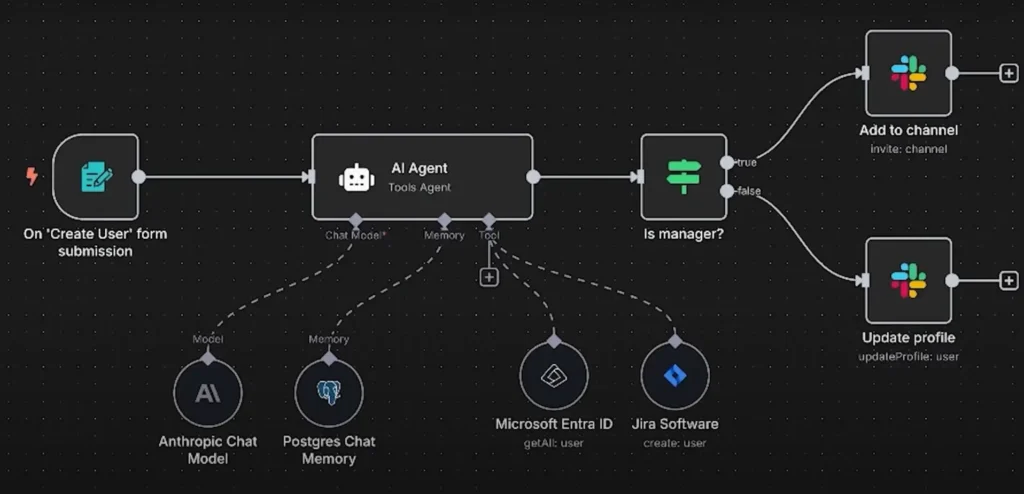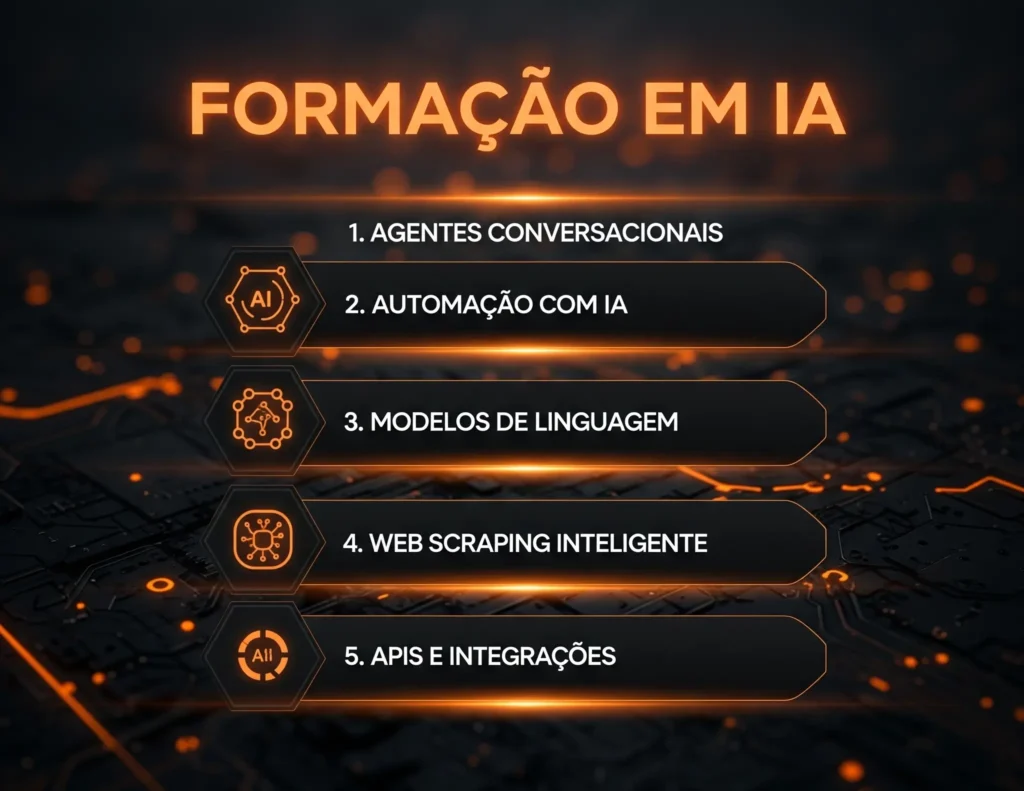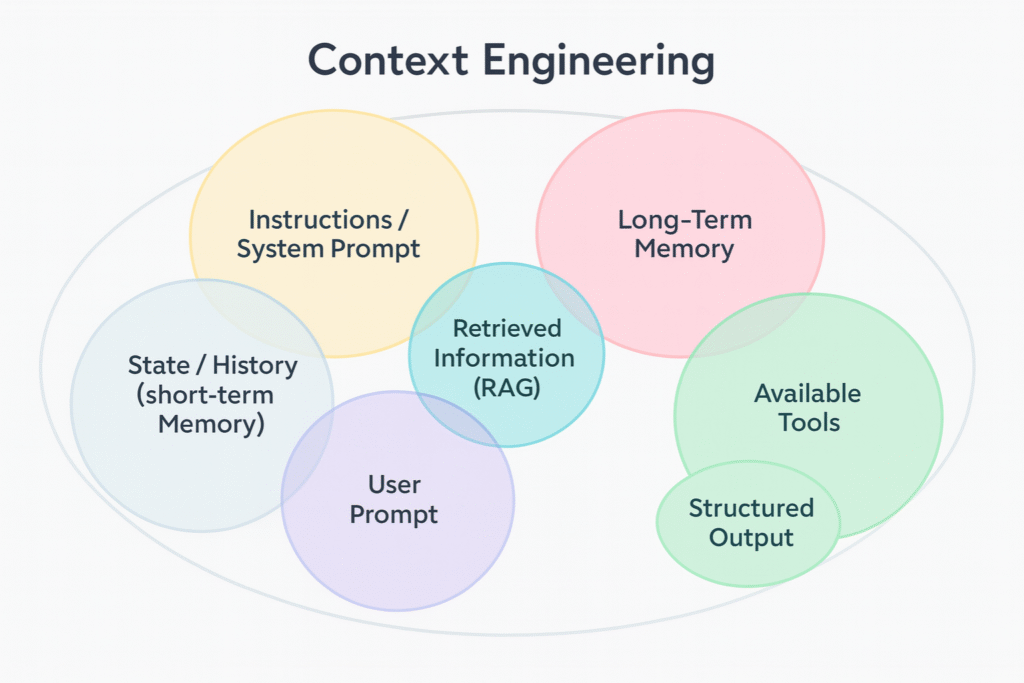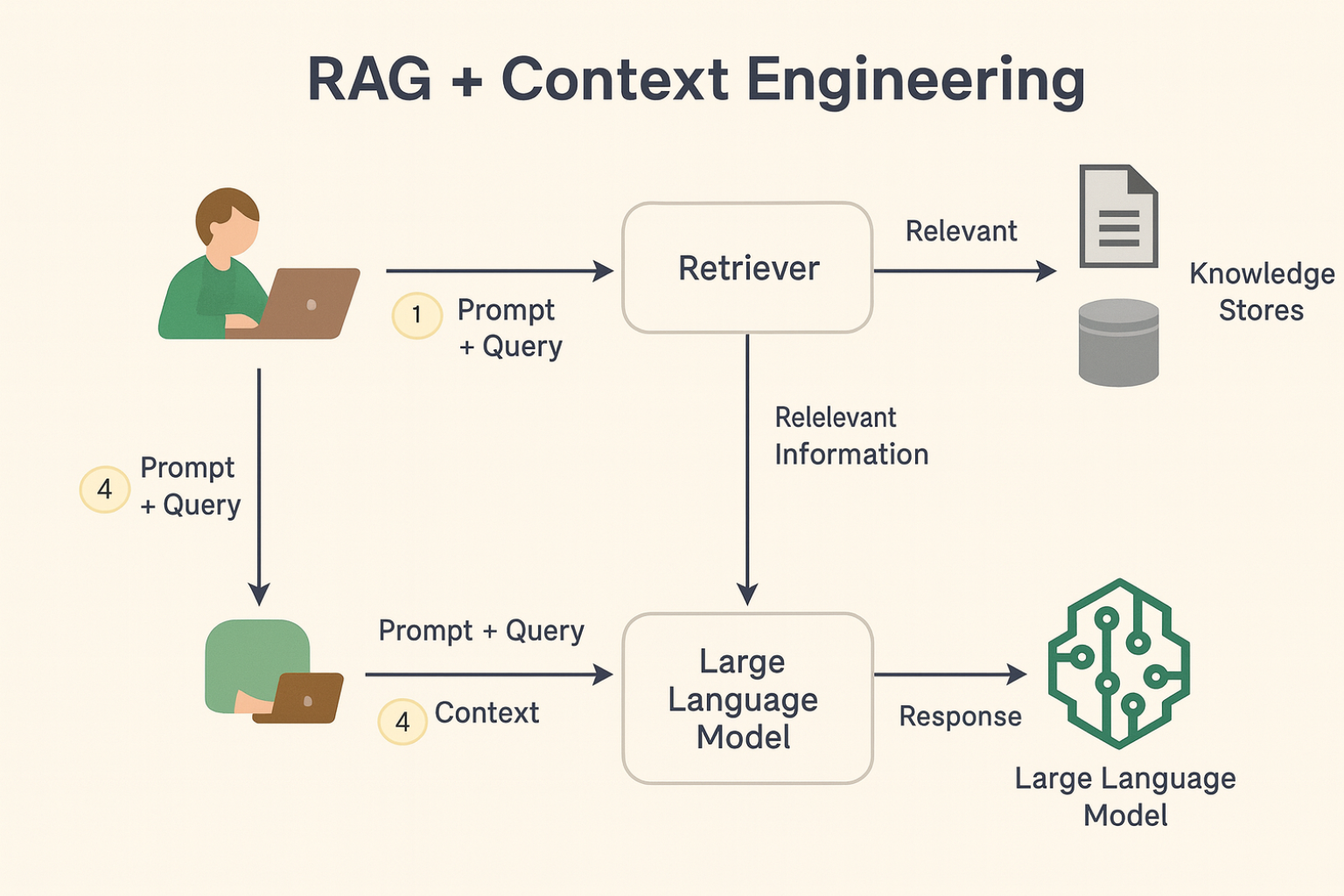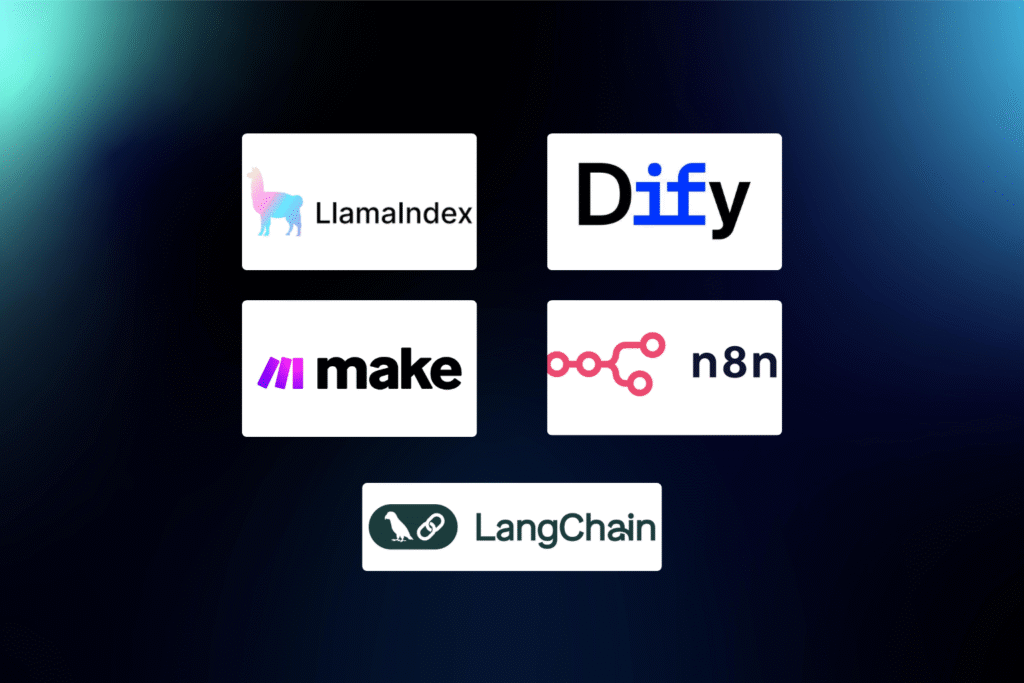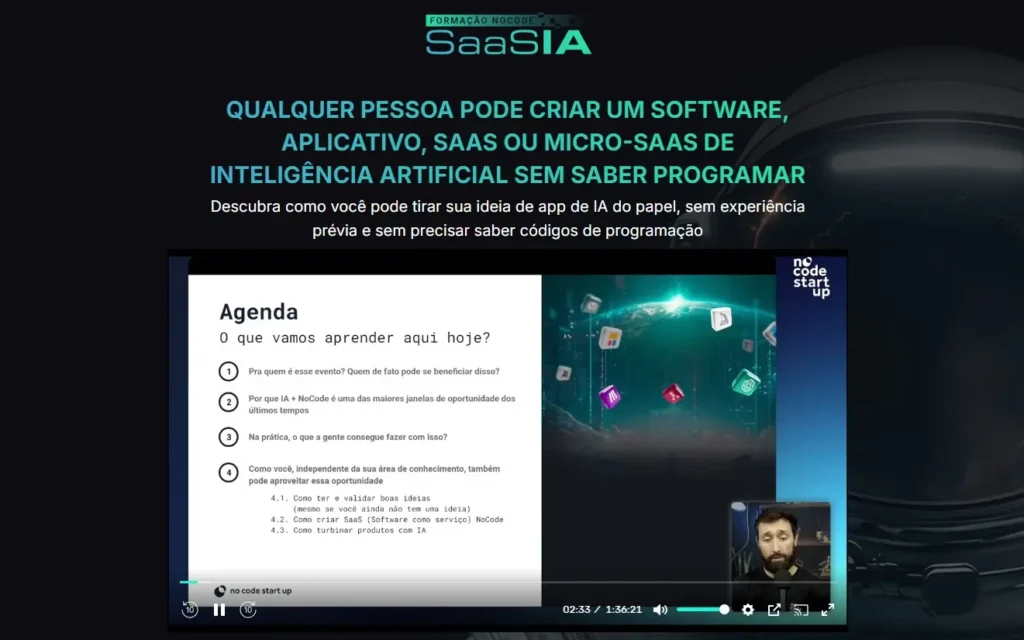Until recently, OpenAI dominated the world of artificial intelligence (AI) and chatbots, with its GPT-4 large language model (LLM) powering Microsoft's ChatGPT and Copilot. OpenAI's early leadership kept others playing catch-up.
However, OpenAI now faces a new challenger: Google Gemini. Launching in February 2024, following its announcement in late 2023, Gemini quickly made significant waves in the AI landscape.
But will it be enough to overcome GPT-4? What capabilities does Gemini have now and what can we expect in the future? And how can you start using this tool?
We explored Gemini in depth to answer these questions and more. If you're curious about Google's latest AI, this is the place to be.
What is Google Gemini?

Gemini is Google's latest large language model (LLM). An LLM is a system that supports various AI tools that you've probably found online.
For example, GPT-4 powers ChatGPT Plus, OpenAI's advanced paid chatbot.
Being more than just an AI model; it has also taken on the new identity of the chatbot Bard.
Therefore, Bard was completely replaced by Gemini, unifying the underlying model and the chatbot under one name.
Google has also released a free Android app that can replace Google Assistant on your phone. On iOS, this tool appears in the Google app.
Additionally, Google has rebranded its Duet AI service for businesses as Gemini for Workspace, offering a suite of productivity-related features.
There is also a subscription service, Gemini Advanced, powered by a more robust LLM called Gemini Ultra.
In short, all of Google's AI properties are now unified under the Gemini umbrella, simplifying access, whether for consumers or businesses, via web, smartphone assistant or app.
What does Gemini AI do?

In short: a lot. It covers a wide range of AI capabilities delivered across multiple platforms.
Google describes Gemini as a multimodal tool, capable of handling multiple forms of input and output, including text, code, audio, images and videos. This versatility allows you to perform a wide range of tasks.
Google has implemented two separate LLMs: Gemini 1.0 Pro, which powers the free version, and 1.0 Ultra, which powers the Advanced subscription service.
While the free Pro version is simpler and less creative, the paid Ultra offers deeper, more accurate answers and management of complex tasks like coding.
Gemini Pro can answer simple questions, summarize text, and create images. It integrates with other Google services, such as Gmail, Google Maps, and YouTube.
For example, asking for sightseeing recommendations will yield results on Google Maps.
The app on Android can replace Google Assistant, handling queries and integrating with other Google services. However, Gemini has its limitations.
It can be slower than Google Assistant and still has bugs, such as inconsistent interaction with photos.
Despite these issues, Google is rapidly improving functionality on mobile devices.
Gemini Ultra, the subscription model, offers advanced features including handling queries in multiple stages and providing more accurate and organized responses.
It will soon be integrated into Google Docs, Gmail, and other productivity apps for advanced subscribers.
Looking ahead, Google is already working on its next-generation model, Gemini 1.5, which will improve both LLMs.
Early tests of the Pro version show dramatic improvements, such as extracting comical moments from a 400-page Apollo 11 transcript in just 30 seconds.
When was it released?
Google Gemini was launched on February 8, 2024, replacing Bard. It was immediately available in free and paid versions, with the Android app launching in the US.
The iOS app is now available on the Google app, albeit in a more limited form compared to Android.
Is Google Gemini free?

Google's standard version is free, but it's more limited than the paid version, Gemini Advanced.
The subscription costs R$96.99 per month, with a two-month free trial available. This subscription is part of the Google One AI Premium plan.
It also includes 2 TB of cloud storage and other benefits.
So, given that Google One with 2TB storage already costs R$38.99 per month, the Advanced subscription offers substantial value for those who need cloud storage.
How do I use it?

Using Google Gemini depends on the version and product it is integrated with. You can use AI directly on the official website or through the app.
The app is available on your Android phone, where it can replace Google Assistant. On iOS, it works on the Google app. Additionally, you can subscribe to Gemini Advanced for a more powerful AI experience.
Gemini vs. GPT-4: What's the difference?
How does Gemini compare to GPT-4 in the competition of large language models? When Google first revealed Gemini, it stated that it surpassed GPT-4 in several benchmarks.
Google reported that Gemini outperformed GPT-4 in seven of eight text-based benchmarks and all ten multimodal benchmarks.
However, since GPT-4 launched in March 2023, Gemini is essentially catching up to a nearly year-old rival.
In conclusion, although this technology has quickly become a significant player in the AI landscape, competition with GPT-4 and future models remains fierce.

In short, Google Gemini represents a significant advancement in the AI landscape, offering a versatile and powerful set of tools that rivals the established dominance of OpenAI's GPT-4.
Therefore, with your comprehensive integration between applications consumer and business, this technology has positioned itself as a formidable competitor.
Although it still faces challenges and limitations, especially in its free version, the rapid improvements and the promise of future updates like version 1.5 point to a bright future.
So, as the field of AI continues to evolve, the competition between Google Gemini and OpenAI's GPT-4 will drive innovation, ultimately benefiting users with more sophisticated and capable AI solutions.
Want to know more about how to create a software or artificial intelligence atoms? Don't forget to check out our NoCodeIA training.
Discover how so many people are making a lot of money with this business opportunity, regardless of their field of activity!
Further reading:

